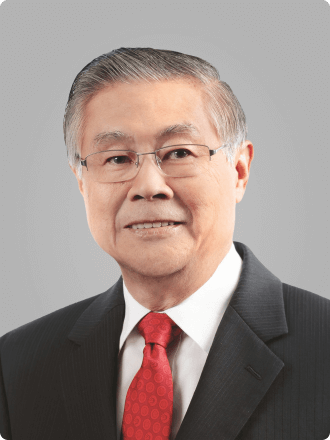
South Korea is actively pursuing significant legislation to enable local stablecoin issuance, aiming to evolve its cryptocurrency landscape. Newly elected President Lee Jae-myung and the ruling Democratic Party have introduced the Digital Asset Basic Act, a comprehensive framework designed to foster innovation, enhance transparency, and solidify the nation’s digital economy leadership. This legislative push signals South Korea’s intent to proactively develop its digital assets industry.
President Lee Jae-Myung’s Stance on Crypto
President Lee Jae-myung has been a vocal proponent of a won-backed stablecoin market, articulating its necessity. His administration believes a robust domestic stablecoin ecosystem can prevent capital outflow, retaining national wealth and reducing reliance on foreign stablecoins. The proposed legislation is also expected to significantly energize South Korea’s already vibrant crypto market. Beyond stablecoins, President Lee’s broader crypto ambitions include advocating for the national pension fund to invest in Bitcoin and crypto, alongside pledges to permit Bitcoin ETFs.
A Flourishing Crypto Market
South Korea already boasts one of the world’s most active and dynamic crypto markets, with over 18 million participants actively engaged – representing more than a third of its population. The scale of this engagement is immense, with USD stablecoin transactions alone hitting 57 trillion won ($42 billion) in the first quarter of 2025. This robust retail interest and significant transaction volume demonstrates the market’s maturity and its readiness for more sophisticated financial instruments. The proposed stablecoin framework is poised to further enhance this ecosystem by providing greater stability and regulatory clarity, potentially attracting even wider adoption and deeper liquidity.
Challenges and Opposition
Despite widespread support for the new legislation, South Korea’s ambitious stablecoin policy faces notable opposition. The shadow of the 2022 Terra blockchain collapse, co-created by South Korean developer Do Kwon, looms large, serving as a crucial cautionary tale for investors and regulators alike. Furthermore, Bank of Korea (BOK) Governor Rhee Chang-yong has voiced strong opposition, concerned that non-bank stablecoins could undermine monetary policy effectiveness. The central bank argues for a more prominent regulatory role to ensure financial stability.
Korea’s New Crypto Bill
The recently proposed Digital Asset Basic Act is a pivotal piece of legislation setting clear, robust guidelines for stablecoin issuance. Its key provisions prioritize stability and consumer protection. Companies must hold a minimum of 500 million won (approximately US $368,000) in equity capital. Issuers must also obtain stringent regulatory approval from the Financial Services Commission (FSC), South Korea’s financial regulator, requiring adequate reserves to guarantee refunds. This comprehensive framework aims to prevent misuse, bolster consumer protection, and encourage healthy competition within the crypto sector.
For crypto investors and the broader global digital asset landscape, South Korea’s stablecoin push presents both opportunities and risks. Opportunities include innovative financial products like new Bitcoin ETFs and crypto-backed pension funds, attracting substantial institutional investment and increasing market liquidity. Risks, however, include regulatory uncertainties or prolonged central bank opposition, potentially delaying full implementation and impacting market dynamics. South Korea’s approach to blending innovation with regulation could serve as a vital blueprint for other nations navigating digital asset integration.
Shaping Global Crypto’s Institutional Future
South Korea’s decisive move to legalize domestic stablecoin issuance marks a pivotal and ambitious milestone, resonating far beyond its borders. At a time when traditional financial institutions globally are increasingly stepping into the digital asset space, Korea’s proactive regulatory stance provides a clearer, more secure pathway for their participation. By fostering innovation and enhancing regulatory oversight, the country firmly positions itself not only as a formidable regional leader but also as a significant force on the international playing field. This move could inspire other nations to follow suit, fostering a more interconnected, institutional-grade global crypto economy.




